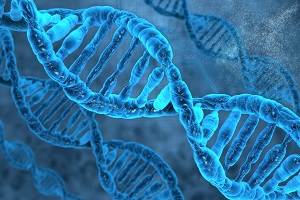The risk of developing a tumor is linked to environmental and also genetic factors. A study published in the British Journal of Cancer Today focuses on the latter. According to the scientists, the genetic variants responsible for the disease may also be present in non-coding areas of the DNA.
The anomalies could in fact involve areas of DNA that control the expression of key genes for tumor development. The researchers analyzed 846 genetic variants within non-coding areas of DNA. All the abnormalities had already been linked to an increase in cancer risk, although it was unclear how. These variants are in fact much less studied than the classic ones, such as the BRCA1 and BRCA2. Still, they could be more common and contribute in part to tumor development.
The team analyzed the correlation between anomalies in non-coding DNA and the expression of genes. The researchers found that the variations affect the expression of genes, also influencing the chances of getting sick. The anomalies in the non-coding DNA are in fact in correspondence with regions that regulate the immune system, influencing the cellular processes that lead to the development of the tumor.
The discovery first surprised the researchers themselves, who now have a powerful predictive tool in their hands. The study shows in fact how many small variants put together can weigh as much more relevant variants. The goal is to use this new knowledge to improve current predictive tools, identifying the risk of cancer in time.
Source: cancerresearchuk.org
















